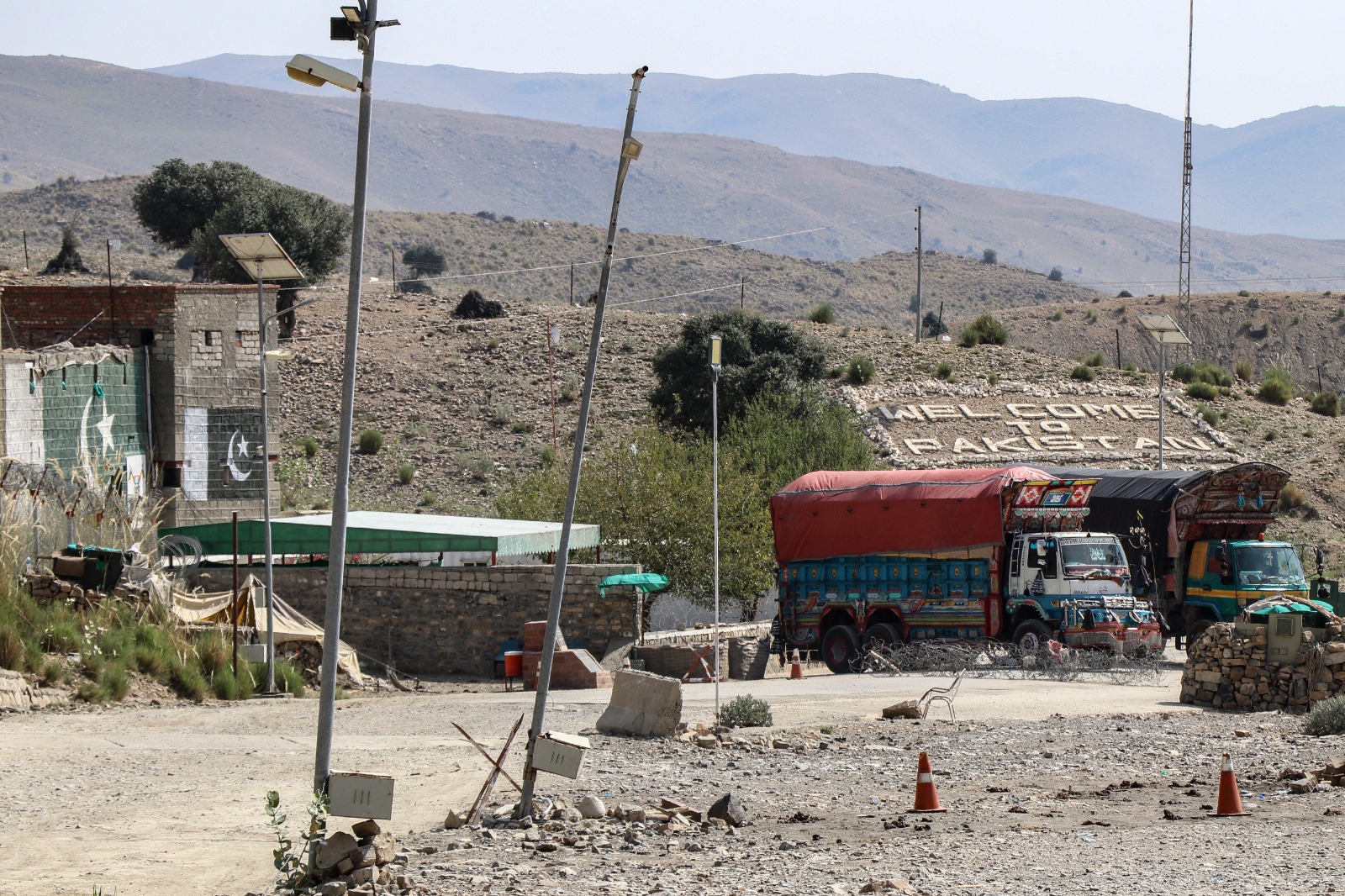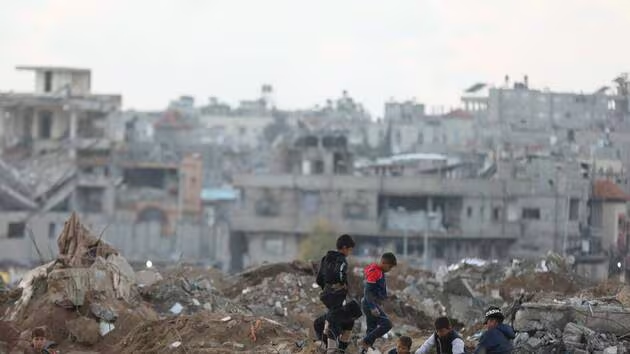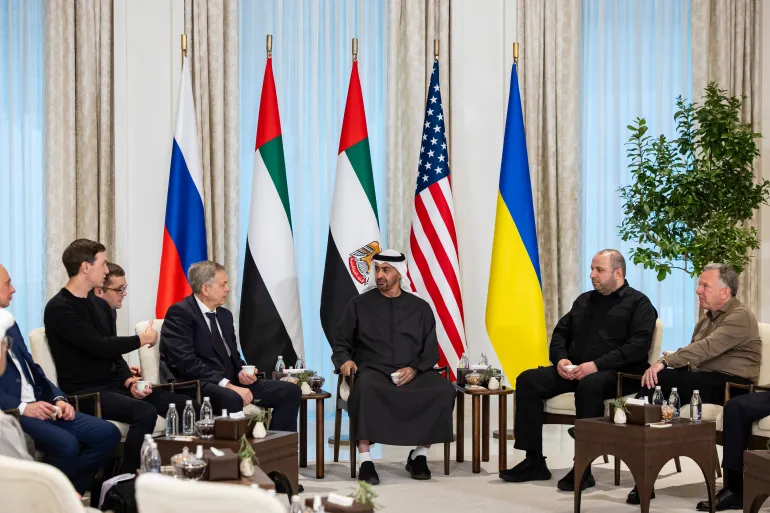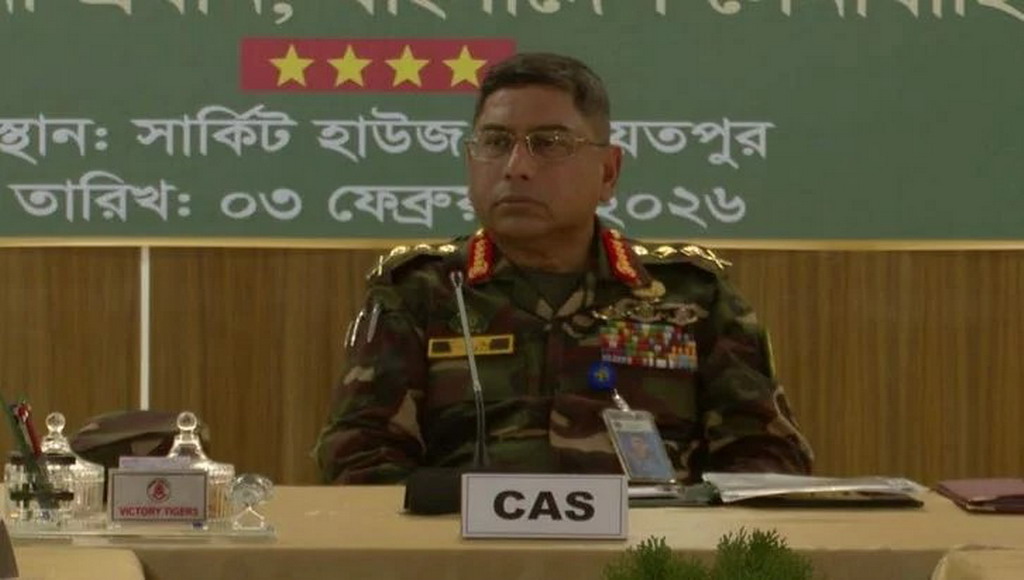ISLAMABAD: The second round of talks between Pakistan and the Afghan Taliban has not yet concluded, with deliberations on Pakistan’s proposal still underway in Istanbul, intelligence sources told Pakistan TV Digital late Saturday.
According to the sources, the discussions spanned approximately nine hours.
The latest engagement follows the Doha round held last week, where both sides agreed to a ceasefire after days of cross-border clashes. The Istanbul discussions are aimed at moving toward a verifiable framework to prevent further escalation and ensure stability along the Pakistan–Afghanistan border.
Three-point agenda under review
Sources said the talks in Istanbul focused on a three-point agenda: establishing a joint monitoring and oversight mechanism to curb cross-border militant movement; ensuring respect for national sovereignty under existing laws and international obligations; and addressing trade matters, refugee repatriation, and the separation of bilateral issues from internal political pressures.
Possibility of longer-term understanding
Officials confirmed that both sides also discussed the prospect of a longer-term political understanding.
Pakistan’s Foreign Office Spokesperson Tahir Hussain Andrabi had earlier described the Doha engagement as a “positive marker.”
“There has been no major full-scale terrorist attack emanating from Afghan soil in the last two to three days,” he said on Friday. “We would like the trend to continue in Istanbul and post-Istanbul.”
On the Afghan side, Taliban spokesperson Zabihullah Mujahid stated on X that Deputy Interior Minister Haji Najib is leading Kabul’s delegation, noting that “the remaining issues will be discussed at this meeting.”
Islamabad’s core objective
Andrabi reiterated that Pakistan’s central aim is to halt attacks originating from Afghan territory, adding that the ceasefire “by and large still stands.”
Officials in Islamabad said the decision to re-engage in dialogue was made at Kabul’s request and through mutual understanding to reduce tensions, emphasizing that sustained engagement is important for regional stability.
Background to the talks
The latest engagement follows a surge in militant incidents in Khyber Pakhtunkhwa, including attacks in Central Kurram and Dera Ismail Khan, in which at least 28 Pakistani security personnel, including senior officers, were martyred.
In response to the deteriorating situation, Defence Minister Khawaja Asif announced that Islamabad would dispatch a delegation to Kabul, citing what he described as “unbearable” security conditions. Shortly afterward, explosions were reported in Kabul, which Taliban officials linked to Pakistan, a claim Islamabad did not immediately address.
On October 11, heavy clashes then broke out at several points along the 2,604-kilometre border. The Afghan side’s 201st Khalid bin Walid Army Corps said its actions came in response to Pakistan’s earlier strikes, while Pakistan also engaged multiple Afghan positions and temporarily closed the Spin Boldak crossing.
A 48-hour temporary truce was put in place on October 15 and was subsequently extended through the Doha talks held last week with the facilitation of Qatar and Türkiye. According to Qatar, both sides agreed to maintain an immediate ceasefire and continue follow-up engagements to support its implementation.


.jpg)
.jpg)


